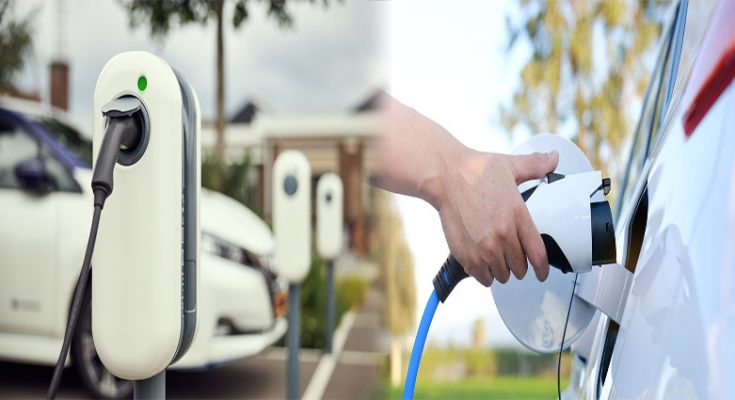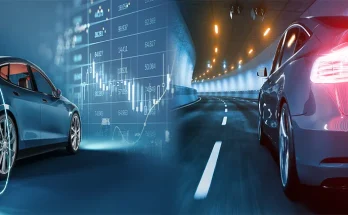As electric vehicles (EVs) continue to gain popularity and become a pivotal component of the transportation landscape, the development of robust and efficient charging infrastructure is essential to support this growth. Looking ahead, several future trends in electric vehicle charging infrastructure are poised to shape the EV charging experience and further accelerate the adoption of electric mobility.
1. High-Power Charging Solutions
Future trends in electric vehicle charging infrastructure are expected to focus on high-power charging solutions to address the need for faster charging times and increased convenience. The development of ultra-fast charging stations, capable of delivering significantly higher power levels, will reduce the time required to recharge an electric vehicle, making long-distance travel more feasible and minimizing charging stops during road trips.
2. Ultra-Fast and High-Capacity Charging Networks
The proliferation of ultra-fast and high-capacity charging networks is identified as a future trend in electric vehicle charging infrastructure. These networks will feature a higher number of charging stations, strategically located along major transportation routes and within urban centers, to cater to the growing number of electric vehicles and provide seamless access to convenient and reliable charging facilities.
3. Integrated Charging Ecosystems
Future trends in electric vehicle charging infrastructure encompass the development of integrated charging ecosystems that seamlessly connect public charging infrastructure, home charging solutions, and workplace charging facilities. This holistic approach aims to provide EV owners with a cohesive and user-friendly charging experience, supported by interoperable charging networks and advanced payment systems.
4. Smart Charging Technology
The integration of smart charging technology represents a significant trend in the future of electric vehicle charging infrastructure. Smart charging solutions leverage advanced software, data analytics, and connectivity to optimize charging processes, manage grid load, and enable dynamic pricing models. This technology empowers EV drivers to charge their vehicles at the most cost-effective times and allows grid operators to efficiently manage electricity demand.
5. Wireless Charging Innovations
Innovations in wireless charging technology are expected to revolutionize the electric vehicle charging landscape. Future trends encompass the development of wireless charging infrastructure that eliminates the need for physical cables and connectors, offering greater convenience and streamlining the charging process. This technology holds the potential to transform EV charging into a seamless and effortless experience for consumers.
6. Renewable Energy Integration
The integration of renewable energy sources into electric vehicle charging infrastructure is a prominent trend that aligns with sustainability goals and environmental objectives. Future charging stations are anticipated to incorporate solar panels, energy storage systems, and other renewable energy solutions to minimize reliance on grid electricity and reduce the carbon footprint of electric vehicle charging operations.
7. Urban and Residential Charging Solutions
The future of electric vehicle charging infrastructure includes the expansion of urban and residential charging solutions to cater to the growing number of EVs in urban environments. Innovations in curbside charging, on-street charging, and integrated charging hubs within residential complexes are poised to enhance accessibility and convenience for urban EV owners, addressing the challenges of limited parking spaces and urban congestion.
The evolution of electric vehicle charging infrastructure is marked by an array of future trends that promise to revolutionize the charging experience for electric vehicle owners and further support the widespread adoption of electric mobility. From high-power charging solutions and smart technology integration to the expansion of urban charging ecosystems, these trends underscore the ongoing commitment to advancing sustainable and efficient electric vehicle charging infrastructure, ultimately shaping the future of transportation towards a cleaner and more sustainable paradigm.





